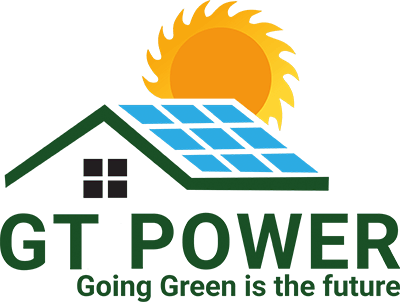If you don’t find the answers you’re looking for below, don’t worry, we’re always here to assist you. Please feel free to contact us at (800) 577-7124 or via our Contact Us page and we will do our best to help you most efficiently.
Solar energy systems are tailored to meet the unique energy consumption needs of each household. Your savings goals and the recommendations of your Solar Energy Specialist determine the specific requirements of your home. We provide free, hassle-free quotes to provide you with an accurate cost estimate.
In the past, solar energy used to be expensive, but with technological advancements, state and federal incentives, and innovative financing programs, it has become a more affordable energy option. Additionally, it can even pay for itself through the savings and credits that your solar energy system generates.
As solar energy costs become more affordable, the trend of DIY solar installations is quickly fading. Homeowners are now opting for expert installers who provide peace of mind, along with production and power guarantees.
Your solar panels can generate electricity even on cloudy or overcast days, although not at full capacity. Despite this, they are resilient and able to endure harsh weather conditions, including one-inch hail at 55 miles per hour and direct lightning strikes
After considering factors such as your home’s current energy consumption, roof structure, and shading from trees, we provide a complimentary quote and initial design of the ideal solar panel setup for your home.
Solar panel output can vary based on various factors. Net metering has allowed some of our customers to have zero electricity bills for years. On average, homeowners can reduce their annual energy costs by 25%-50%. However, the savings and energy generated depend on factors such as the size of the solar system, energy needs, and utility providers’ electricity rates. Solar energy is a smart choice to save money and protect against future energy price hikes as utility costs increase each year.
No, but It’s recommended to ensure that your roof is in good condition before installing solar panels to avoid any potential issues or additional expenses in the future. If your roof needs to be replaced, it’s best to do so before installing solar panels. A GT Power Solar Energy Specialist can evaluate your roof’s condition and advise you on whether a replacement is necessary.
The length of time it takes to install your solar system varies based on factors such as its size and complexity. Typically, an installation can take between one to three days. Once you sign the contract, our team immediately starts verifying all the details and our design team begins finalizing the requirements. However, obtaining the necessary permits, interconnecting with the utility company, and completing local inspections can take several weeks. GT POWER takes care of coordinating with all relevant entities, so you don’t have to worry about it.
GT POWER offers a 25-year warranty on solar panels, which can continue to function for up to 50 years with a slight decrease in efficiency. The warranty for inverters usually ranges from 15 to 20 years, depending on the type required for your specific installation.
GT POWER provides a 25-year warranty for solar panels, which are expected to function for up to 50 years with a reduction in efficiency. Inverter warranties typically range from 15 to 20 years, depending on the required inverter type for your installation.
Net metering is a program that allows homeowners to receive credits from their utility companies for excess electricity produced by their solar panels. The credit is issued as a statement credit for the excess power sent back to the grid. Net metering policies vary between states and utility providers, so it’s important to ask your Solar Energy Specialist about the specific program in your area.
We have got GREAT NEW for you. There is a property tax exemption on solar panels in many states. You can consult your Solar Energy Specialist to check if your state provides this incentive.
In the event of a power outage, your home solar power system will shut off automatically as a safety measure to protect utility workers working on power lines. Sending power out to the grid during an outage can be hazardous for them. Therefore, you won’t have power until the outage is resolved, unless you have a battery backup system installed to provide some electricity to your home.
